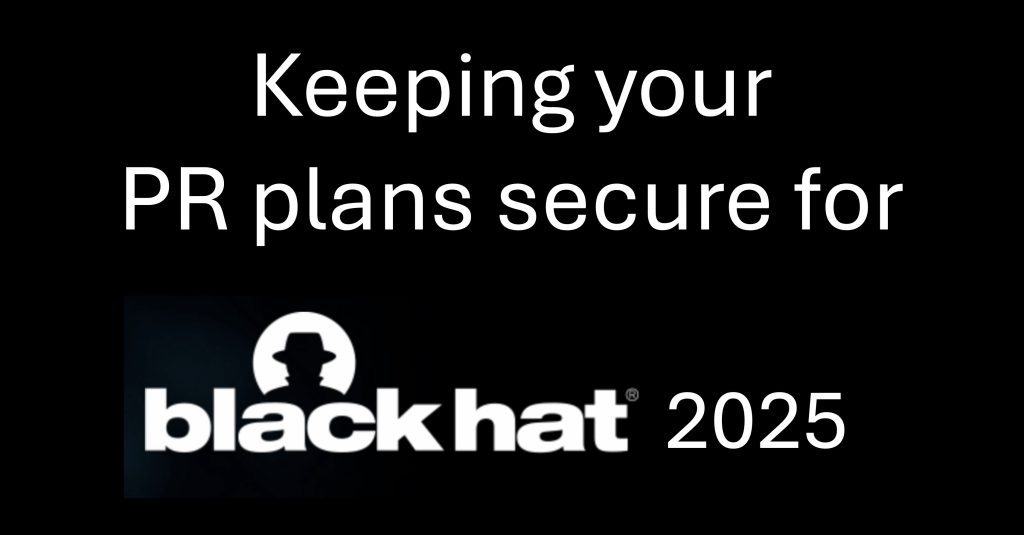As a queer Latina in the workplace, I’m thankful to say that I have never experienced outright discrimination.
A big part of this is because of Bospar, and the comms industry as a whole, being an inclusive space that is constantly growing and learning. While I have heard my fair share of “What does your husband do?” in many professional settings, I am empowered daily to educate people on my identity and who I am – and it’s then clear to everyone that I am a queer woman who is obsessed with her wife. (No, but really. All I do is talk about her.)
I am fortunate to work at a place that celebrates me for who I am.
However, this is a minimal issue compared to what the rest of my community has dealt with.
According to a Center for American Progress (CAP) survey in 2022, half of LGBTQI+ and “sexual and gender diverse” people experienced workplace discrimination or harassment in the past year because of their sexual orientation or gender identity. This was true for 70% of transgender respondents. Given the current climate, discrimination for who you are is more rampant than ever.
There are so many immediate and long-term initiatives companies can be doing to be more inclusive. These are a few of my favorites, and you can do them right now to ensure your LGBTQIA+ colleagues feel heard, represented, respected, and above all, celebrated.
Learn and implement inclusive language in the workplace
Deloitte defines inclusive language as “the recognition that words matter and that word choice can be used, intentionally or unintentionally, to include or exclude others.” A diverse workforce is a powerful thing these days; it has the ability to transform organizations. But companies cannot realize all the benefits until inclusion exists for everyone. In addition to personal pronouns, it’s important to try and make a conscious effort to eliminate gendered language where you can. It can be as simple as using “hey all” vs. “hey guys” in a professional setting or asking about someone’s “partner” versus assuming a gender.
Champion your LGBTQIA+ folks in all your organization’s materials (and not just in June)
At an organization, it’s important to give credit where credit is due. AKA, you should be recognizing your employees for their hard work as often as you can. This is especially important for BIPOC and LGBTQIA+ communities – and not just because it’s Pride or another specific month. If there’s an opportunity to highlight the uniqueness of your employees, you should always do it. This recognition goes a long way and can make employees feel valued and appreciated.
Educate yourself on personal pronouns
A personal pronoun is “any one of the pronouns used to refer to the speaker, or to those to or about whom the speaker is speaking.” It is quite literally how you address someone – simple as that. So, if someone tells you their personal pronouns, please respect them and do your best to honor them. There will be times when you may fumble. That’s OK as long as you try. And, if you are a business leader looking to be respectful of all your staff and their preferences, consider adding a section to your email signatures to include personal pronouns. That way, everyone with whom you and your teams interact can be better informed and conscious of how someone wants to be addressed.
Provide benefits
Over 7.2% of the population identifies as LGBTQIA+; that’s double what it was over a decade ago when Gallup first conducted this specific research. Like other communities, there are different and specific health needs and requirements that LGBTQIA+ people need. It should be a requirement across all companies to provide either a stipend or specific health benefits for LGBTQIA+ folks trying to grow their families, transition, and/or to fully become and embody who they truly are. Tech companies like IBM, Pinterest and Salesforce have implemented gender-inclusive benefit packages for the LGBTQIA+ employees and families, which are valuable and attractive perks for the community.
Regardless of who you are, you know the importance of feeling represented and like you belong – whether that’s in the movies, at work or among your peers. There’s still so much work to be done – and even more so now. But making a conscious effort can make a hell of a difference for someone who constantly feels misrepresented or not represented at all.



